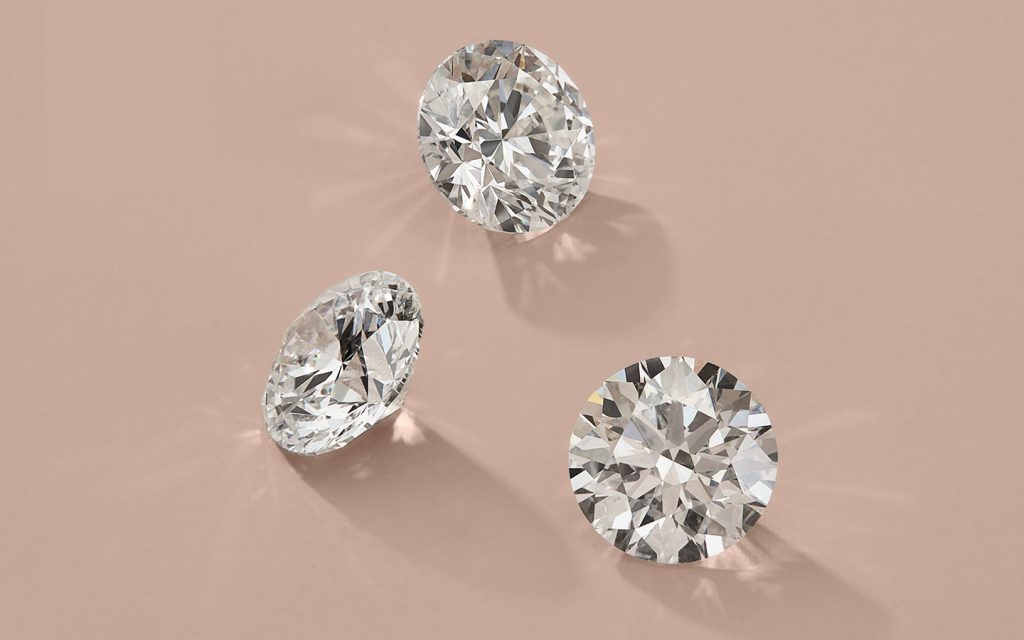When it comes to purchasing diamonds or other gemstones, one of the most important factors to consider is the certification and grading of the stone. The grading system helps determine the quality and value of the gemstone, and two of the most prominent grading organizations in the world are IGI (International Gemological Institute) and GIA (Gemological Institute of America). Understanding the differences between IGI vs GIA is essential for making an informed decision about your gemstone purchase. This article delves into the key aspects of both grading systems, their methodologies, and how they compare.
Table of Contents
ToggleWhat is IGI?
The International Gemological Institute (IGI) is one of the largest and most respected gemological laboratories in the world. Founded in 1975, IGI has earned its reputation by providing high-quality certification services for diamonds, gemstones, and jewelry. IGI focuses on offering unbiased grading reports based on international standards. The grading process includes examining the four key characteristics of diamonds—cut, clarity, color, and carat weight—often referred to as the “Four Cs.”
When comparing IGI vs GIA, it’s important to note that IGI operates in more countries than GIA and is known for offering a more accessible and affordable grading service, making it an attractive option for retailers and consumers alike. IGI’s certification is trusted by many jewelers, but it’s essential to verify the integrity and accuracy of the grading.
What is GIA?
The Gemological Institute of America (GIA) is widely regarded as the gold standard in gemological education, research, and certification. Established in 1931, GIA has a long history of setting the benchmark for diamond and gemstone grading worldwide. The organization is renowned for its scientific approach to gemology and is considered one of the most prestigious and reliable grading institutions.
GIA’s certification system is recognized globally, and the organization uses the same grading system as IGI (the Four Cs). However, GIA is often regarded as more conservative in its grading approach. Many people consider GIA to offer a more stringent and consistent grading system compared to other gemological institutions. As you evaluate IGI vs GIA, it’s clear that GIA’s higher standards have led to it being preferred by many consumers and industry professionals.
Key Differences Between IGI vs GIA
When comparing IGI vs GIA, several key differences arise. One of the most notable distinctions is the grading philosophy. While both IGI and GIA evaluate diamonds based on the Four Cs, GIA tends to grade gemstones more conservatively. This means that lab created diamonds graded by GIA may sometimes receive slightly lower grades than those graded by IGI, even if their qualities are similar. As a result, GIA’s certifications are often viewed as more trustworthy because they tend to be more stringent.
Another difference lies in the level of detail in the grading report. GIA is known for providing more in-depth and precise reports, which may include additional information, such as the exact measurements and proportions of a diamond. On the other hand, IGI reports are generally more concise but still include essential details such as carat weight, clarity, color, and cut.
Price and Affordability: IGI vs GIA
Price is an important consideration when evaluating IGI vs GIA, especially for buyers who are looking for a balance between quality and cost. Generally, diamonds and gemstones certified by IGI tend to be more affordable than those graded by GIA. This price difference is partly due to IGI’s lower grading fees, which make it a more budget-friendly option for retailers and consumers. Additionally, because IGI’s grading standards are somewhat more lenient than GIA’s, gemstones graded by IGI may be priced lower than those certified by GIA for similar qualities.
However, while IGI-certified stones may be less expensive, GIA-certified diamonds are often seen as having a higher resale value and may attract a premium price in the market. This is important to consider if you are looking to make an investment or plan to resell the gemstone in the future.
Consumer Trust: IGI vs GIA
In the battle of IGI vs GIA, one of the most significant factors that many consumers focus on is trust. GIA has long been the more recognized and respected institution in the gemstone industry. As a result, GIA certifications are often perceived as more reliable and trustworthy. Many high-end jewelers and consumers choose GIA-certified diamonds because they believe GIA’s strict grading standards ensure a more accurate and dependable evaluation of the stone’s quality.
On the other hand, IGI is still considered a reputable grading organization, but it may not carry the same level of prestige as GIA in the eyes of certain buyers. This is particularly true in the luxury market, where consumers often prioritize the highest standards of quality and grading. However, IGI’s widespread use in the global market means that its certification is still widely accepted, especially in certain regions and markets.
The Bottom Line: Which Is Better, IGI or GIA?
So, when it comes to IGI vs GIA, which one should you choose? The answer depends on your priorities. If you are seeking the highest level of accuracy, consistency, and consumer trust, GIA is the preferred choice. Its conservative grading approach and reputation for being the most reliable certification authority make it the go-to option for many discerning buyers.
However, if you are looking for a more affordable option without compromising on the essential quality indicators, IGI may be a suitable choice. While it may not be as strict as GIA, IGI still provides valuable grading services that many jewelers trust.
Ultimately, both IGI and GIA offer high-quality certification services, but understanding the differences in their grading methods, pricing, and consumer trust will help you make the best decision for your gemstone purchase. When comparing IGI vs GIA, remember that the right certification for you will depend on your specific needs, budget, and the level of trust you seek in your gemstone investment.

